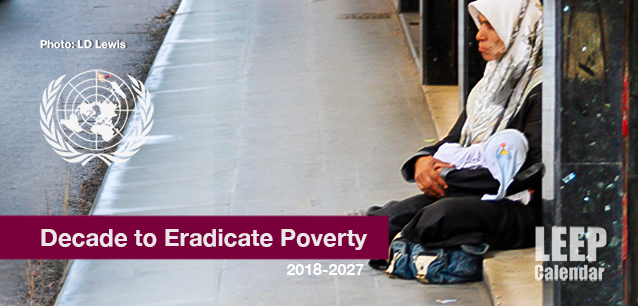 AD
AD
Today is: August 06
Scroll to explore events active on this date.
Additional Events on LEEP
LEEP INK FEATURES

August? Absolutely!
In August, we live through the Dog Days of Summer. It's hot and often humid, and those who can leave for better climates do. Down south, winter is in full force. August is also known as "the ...

In The Heat of July: July 2025 Events
Is it hot enough (or cold enough if you're below the equator) for you yet? There is actually a day for that! Like every month, I pick a diverse collection of events you may or may not know about. This ...

May Blooms: Events in May 2025
Along with October, May is one of the most densely packed months of the year. It's before the summer humidity and the last whole month of the school year. The weather is warming in t...
About International Day of Families
Lifestyle
Ends: May 15, 2023
DESCRIPTION:
The family is the basic building block of society and central to all aspects of cultural uniqueness. May 15 was proclaimed the International Day of Families by the UN General Assembly in 1993 with resolution A/RES/47/237. It is considered an opportunity to reflect on the international community's importance to families.
Activities on this day include workshops and conferences, radio and television programs, newspaper articles, and cultural programs highlighting relevant themes. In late 2022, the global population reached eight billion people, marking a significant milestone in human development. This growth is primarily attributed to advancements in healthcare, leading to longer lifespans. However, population growth is expected to continue, albeit at a slower pace. Projections indicate that the population may reach 9.8 billion by 2050 and 11.2 billion by 2100, raising concerns about sustainable urbanization and climate change management. Demographic change is a key megatrend that profoundly impacts families worldwide. It is influenced by fertility and mortality patterns. Declining fertility rates have several benefits, including increased investments in children's health and education, leading to poverty reduction and socio-economic development. Research suggests that lower fertility rates also contribute to women's labor force participation. However, smaller families may face challenges in coping with caregiving responsibilities, particularly during unemployment or illness, as there are fewer family members to rely on. Moreover, low fertility rates can have implications for labor forces and social structures, potentially affecting areas such as social security and gender equality.
VIDEOS
Currently, this event does not have supporting videos.
SUPPORTING DOCUMENTS
Currently, this event does not have supporting documents.
ADDITIONAL IMAGES
Currently, this event does not have supporting images.
Where would you like to go now?
 AD
AD








































































/footer-logo.svg)
